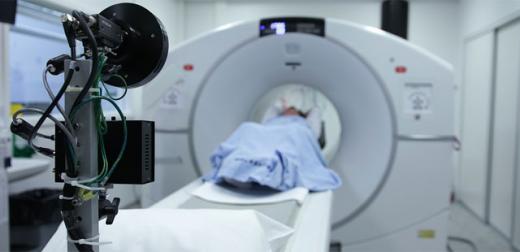When it comes to making medical devices, quality is key. That’s a concept that nearly every medical device professional agrees with, but what does it mean? Why is quality so important, and how should it be pursued? These are the questions that medtech executives and company stakeholders should be asking themselves and their teams.
|
ADVERTISEMENT |
At Greenlight Guru, we work with many medtech executives who are making incredible innovations in the space; their insights are invaluable.
The best way to explore the value of quality is by learning actual examples of how and why it works. We’ve taken it upon ourselves to put together five of our favorite pieces of wisdom from medical device executives on the value of quality.
1. Start with why quality matters
We spoke with Devon Campbell, founder of Prodct LLC, and he made an excellent point right off the bat on how true quality starts with educating your team.
…

Add new comment